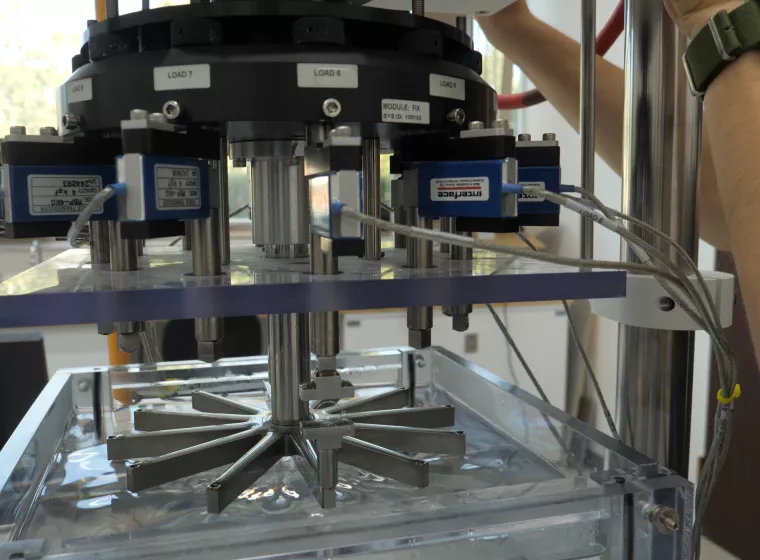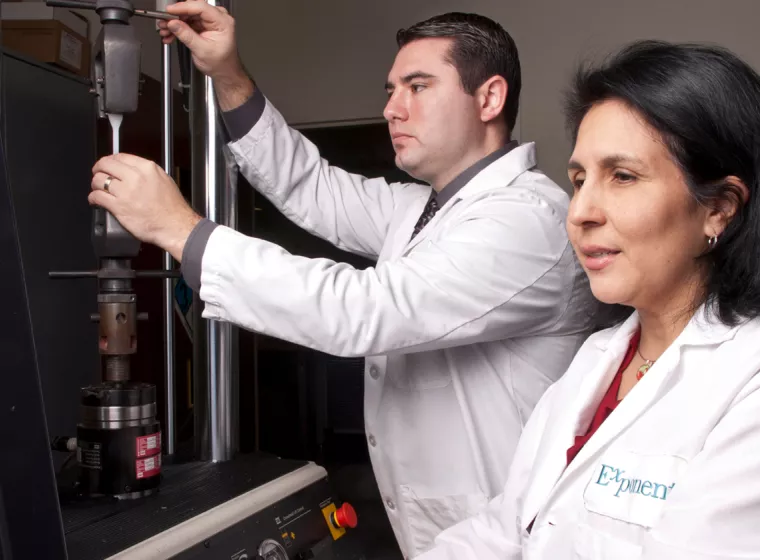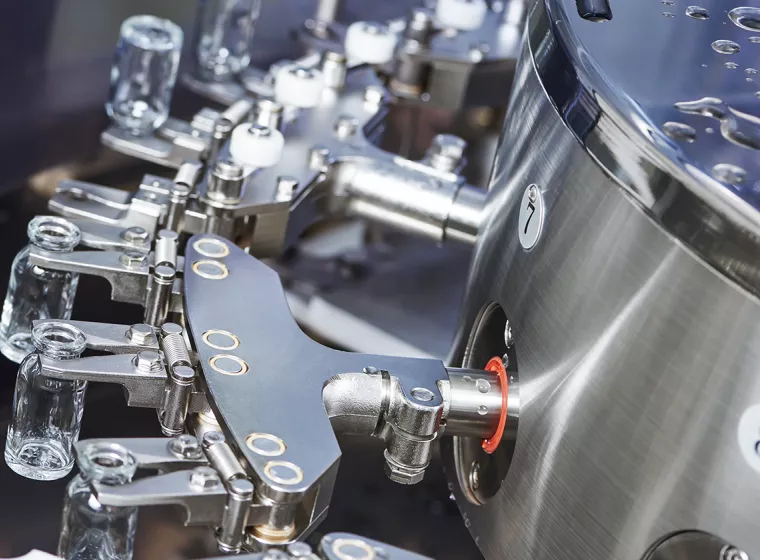May 28, 2024
New guidance to advance medical device safety, regulatory oversight, and innovation
On April 17, the Food and Drug Administration's Center for Devices and Radiological Health (CDRH) issued its 2024 safety report. As an update to their 2018 Medical Device Safety Action Plan, the safety reports is aligned with CDRH's vision to protect public health and ensure access to safe and effective medical devices by keeping up with the growth in technology and types of medical devices.
According to CDRH, the actions detailed in the safety report, alongside those in the recently issued 2024 innovation report, will help protect patients by quickly addressing impacts to safety while fostering innovation for the more than 257,000 different types of medical devices on the U.S. market made by around 22,000 device manufacturing firms around the world.
Key takeaways from the safety report include:
Prioritization of manufacturing quality
- Streamlining the Medical Device Single Audit Program (MDSAP), which allows a single regulatory audit of a medical device manufacturer
- Increasing manufacturer enrollment in the Voluntary Improvement Program (VIP), which uses a combination of a globally accepted maturity model and FDA regulatory opportunities to accelerate device quality and manufacturing improvements
- Supporting development of artificial intelligence tools to better detect device quality issues
Postmarket surveillance
- Using real-world data (RWD) through the hospital and clinic network to inform medical device development and evaluation throughout the total product lifecycle
- Incorporating unique device identifiers (UDIs) in medical device reports (MDRs) to better track specific products
Recalls
- Guidance to differentiate between recalls and enhancements
- Supporting risk-benefit decision-making
- Enhancing Medical Device Reporting (MDR) tracking and the Manufacturer and User Facility Device Experience (MAUDE) database, which contains adverse medical device reports
Advanced device cybersecurity
- Launching new authorities and updated premarket guidance
- Ensuring timely responses to medical device cybersecurity incidents
Impact on stakeholders
The actions and work detailed in the safety report highlight how manufacturers participating in the VIP are showing a year-over-year downward trend in recalls. Manufacturers who incorporate various data sources (e.g., RWD, UDI) may also be able to enhance tracking of product specific performance throughout the total product lifecycle. CDRH has also provided additional guidance to further help firms determine product removals and initiation of voluntary recalls.
What Can We Help You Solve?
Exponent's multidisciplinary medical device experts are experienced in medical device design, development, and regulatory processes throughout the total product lifecycle, including design verification, usability studies, laboratory testing, manufacturing audits, post-market surveillance, and root-cause analyses.
![Medical Devices, Implants & Surgical Tools [MCE]](/sites/default/files/styles/cards_home_card/public/media/images/GettyImages-1182458826.jpg.webp?itok=z7lVBn-v)
Medical Devices
Design verification, usability studies, electrical medical equipment configuration, and laboratory testing.

Medical Device Evaluation
Sophisticated medical device evaluations for a vast array of applications.

Real-World Evidence Consulting
Leverage real-world data to improve healthcare decisions.

Medical Device Design & Development Support
Crucial medical device design and development analyses to empower your decision-making.

Manufacturing Audits
Technical products and systems evaluations aligned to Exponent's thorough understanding of ISO quality and auditing standards.

Regulatory Compliance for Medical Products
Experienced regulatory support for medical devices, pharmaceuticals, and combination products.

Product Safety & Recall
Exponent scientists, engineers, and regulatory experts mobilize to help inform your toughest decisions.

Cybersecurity Consulting
Identify cybersecurity risks and implement the security controls you need to effectively combat them.

Data Analysis
Strategic guidance leveraging state-of-the-art analytical tools, including statistical modeling, machine learning, artificial intelligence, and more.
Insights




